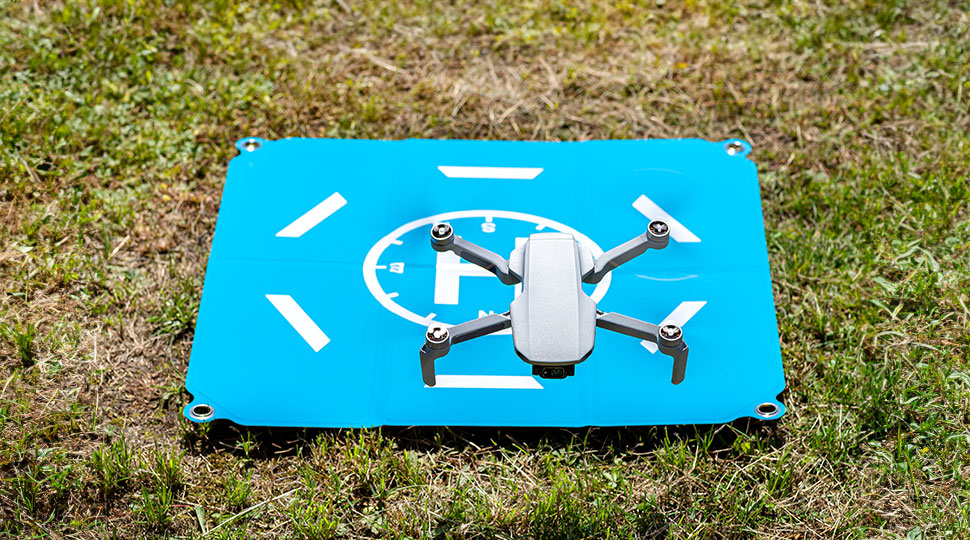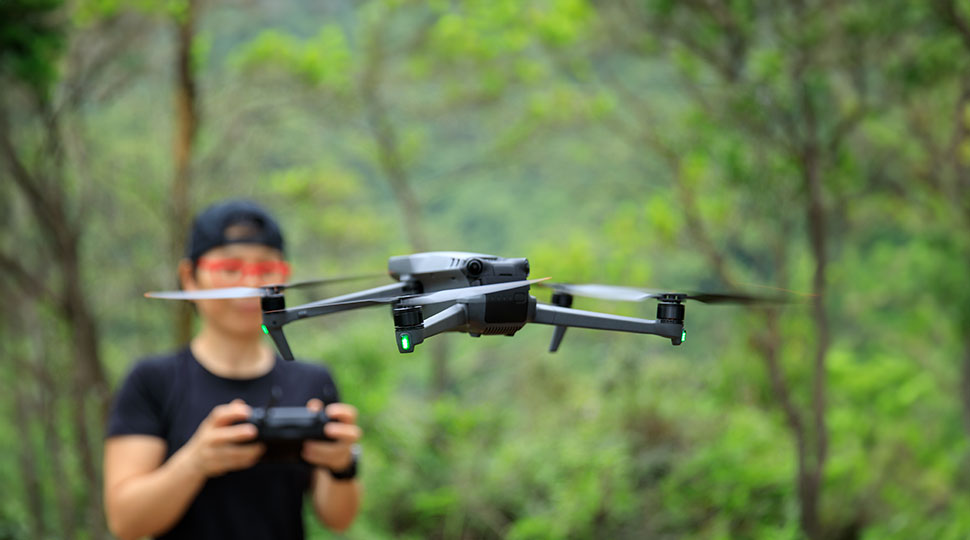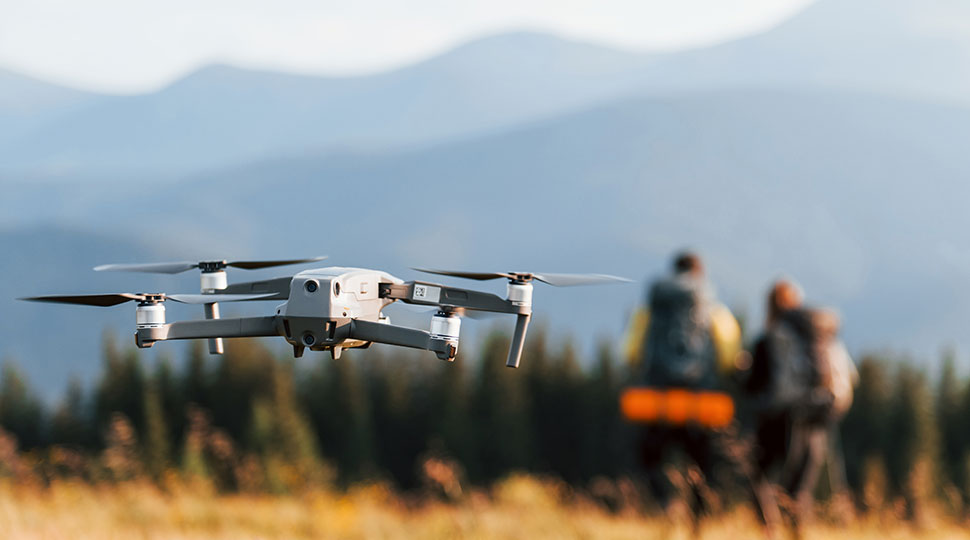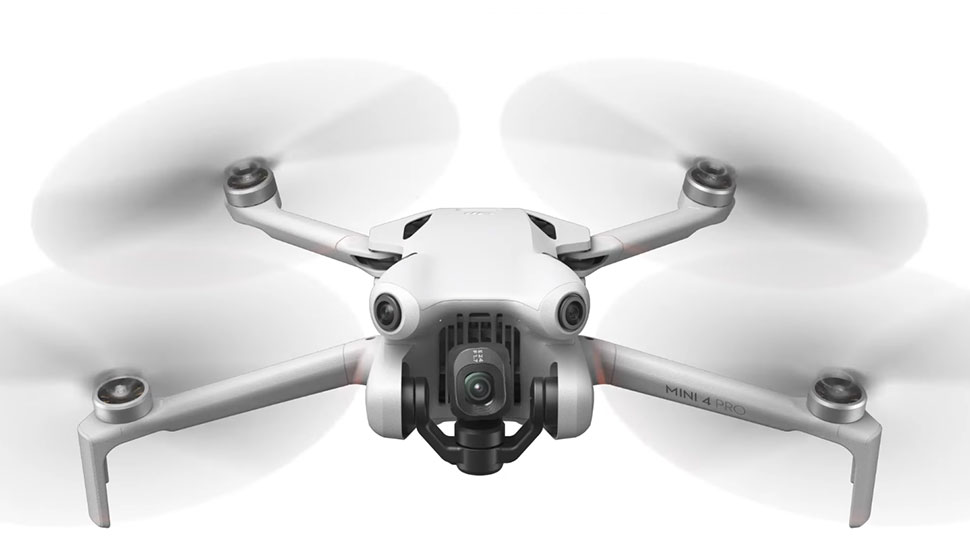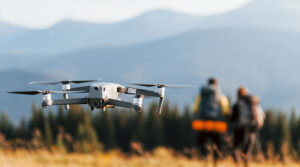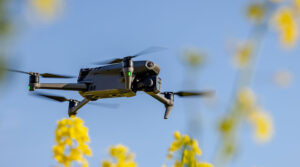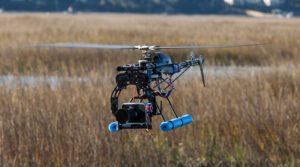Environmental data collection has long been a crucial aspect of understanding the world around us and making informed decisions for managing natural resources and ecosystems. With traditional methods, however, these data collection efforts can be expensive and time-consuming. Recent advancements in drones technology have revolutionized the way in which data can be collected, offering a more efficient and effective solution.
In this article, we will explore how drones are being used to collect environmental data, unlocking nature’s secrets and aiding in a sustainable future.
Get the latest articles in your inbox fresh and ready to read …
Get the New To Drones "All Access Pass"
All Access Pass members enjoy unlimited access to entire articles – 100% FREE
By signing up you agree to our Terms of Service and Privacy Policy. You also agree to receive our newsletters (you can easily and quickly opt-out at any time).
You will receive free access to all of our articles while you are a member of the site.
Drones as a Tool for Environmental Research
Drones, also known as Unmanned Aerial Vehicles (UAVs), are increasingly being used in various fields to collect critical data. In the realm of environmental research, drones have grown particularly popular for their ability to gather data regarding air quality, water quality, vegetation health, and wildlife habitats, among others.
Advantages of using drones compared to traditional methods
Cost efficiency: Traditional methods of environmental data collection often involve utilizing expensive tools and equipment, while manned aircraft can be particularly costly to operate. By comparison, drones offer a much more cost-effective solution, allowing for more robust data collection efforts with less impact on budgets.
Time savings: The use of drones can significantly reduce the time required to gather essential data. Whereas traditional methods may involve countless hours of fieldwork or manual data collection, drones can cover large areas quickly and efficiently, enabling researchers to gather more data in less time.
Accuracy: Advanced drone technology is capable of taking high-resolution imagery and collecting accurate data in real-time. This level of precision ensures that researchers have access to accurate and reliable information for further analysis and decision-making.
Safety: Traditional data collection methods, especially those involving manned aircraft or hazardous terrain, can pose significant risks to researchers. Drones eliminate these risks, allowing for the safe collection of data in challenging environments or hard-to-reach locations.
Accessibility: Drones can access remote or otherwise inaccessible areas with ease, ensuring that valuable data can be collected even in the most challenging of circumstances.
Non-invasiveness: Traditional methods of collecting environmental data can often be disruptive to ecosystems or wildlife. Drones, on the other hand, are quiet and non-invasive, ensuring minimal disturbance to the environment.
Examples of Specific Projects Where Drone Technology has been Utilized Successfully in the Past
Coral Reef Mapping: Drones have been used by scientists to create high-resolution maps of coral reefs, helping researchers monitor reef health and better understand the impacts of climate change on these delicate ecosystems.
Wildlife Monitoring: In Africa, drones have proved invaluable in the fight against poaching by providing real-time surveillance of vulnerable wildlife populations. They have also been used to track and monitor migratory birds, allowing researchers to better understand their behaviors and migratory patterns.
Forest Health Monitoring: Using drones equipped with specialized sensors, researchers have been able to assess the health of forests and detect early signs of disease or stress, enabling them to take necessary actions to protect these vital ecosystems.
Challenges Facing Drone Technology Utilization in Environmental Research
Despite the numerous benefits of using drones for environmental data collection, challenges remain:
Technical challenges: Drones can be limited by factors such as battery life, weather conditions, and GPS accuracy.

As technology continues to evolve, these limitations are expected to lessen, but they still present challenges for current drone-based data collection efforts.
Regulatory issues: While the use of drones has become more commonplace, there remain concerns regarding privacy and safety in some areas. Regulation of drone usage will need to continue to evolve, striking a balance between encouraging innovation in data collection while protecting public safety and privacy.
Potential ecological impact: As with any emerging technology, it’s essential to consider the potential impacts of drones on wildlife and ecosystems. Further research is necessary to better understand how drones may affect the environment in order to establish best practices and minimize any adverse effects.
Cleared for Takeoff
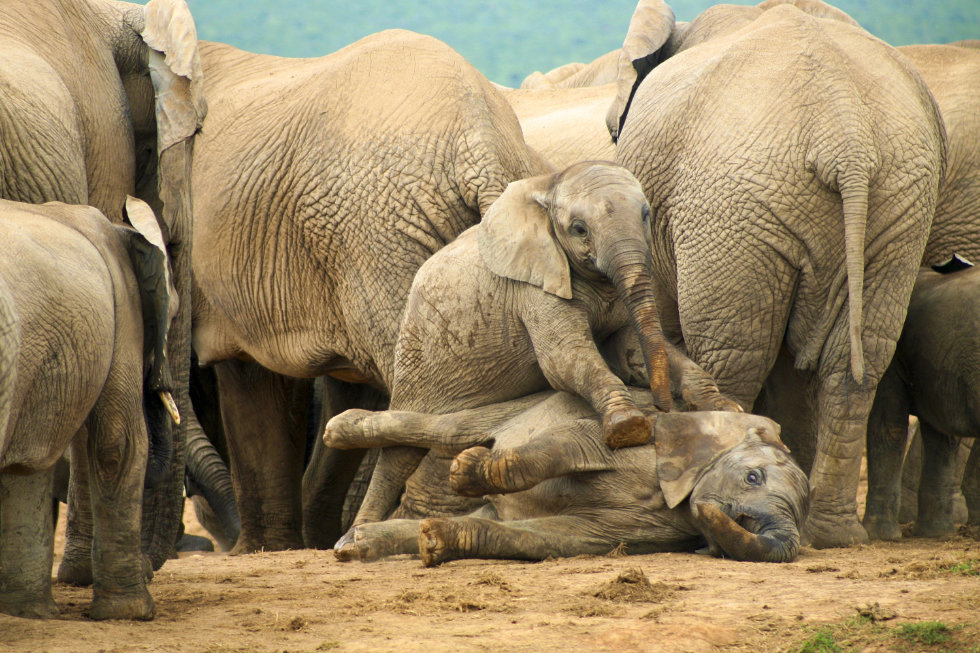
Drones have proved to be a powerful tool for environmental data collection, offering unparalleled advantages in efficiency, accuracy, safety, and accessibility. While challenges remain, the potential to revolutionize the field of environmental research cannot be ignored.
By continuing to invest in drone technology and addressing the existing challenges, we can unlock nature’s secrets and ensure a more sustainable future for generations to come.

